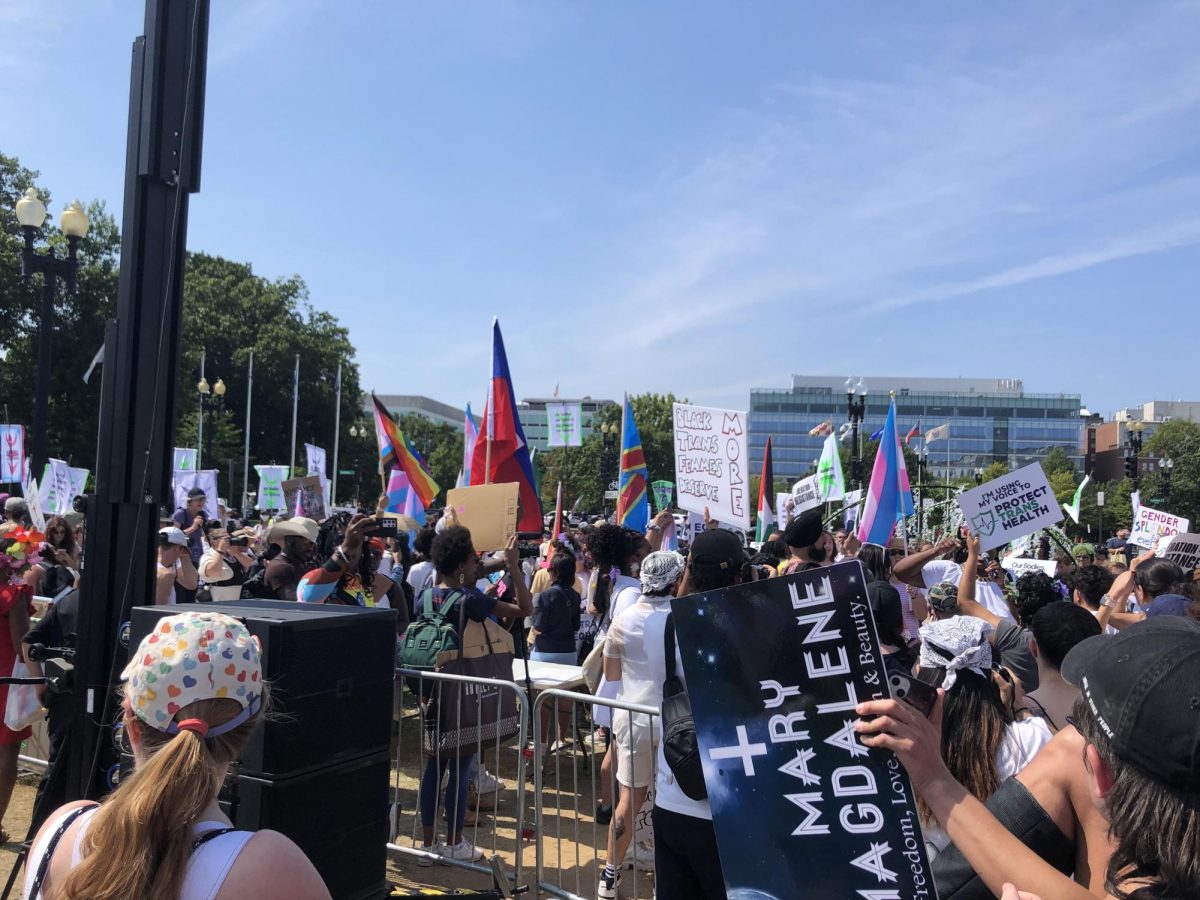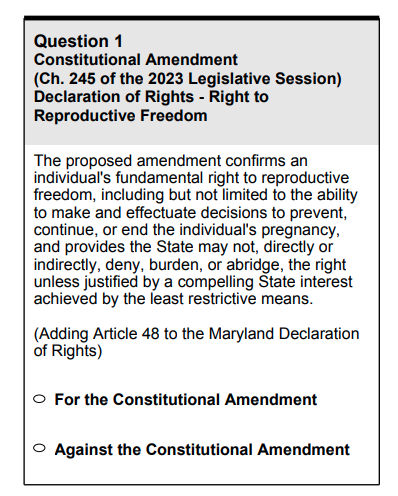The fall of the Assad regime in Syria marks a pivotal moment in the nation’s turbulent history. While some view it as the end of an era of autocratic rule, others see it as the beginning of a profound reckoning with the injustices endured by millions of Syrians. This transition offers opportunities for rebuilding and reconciliation but also raises significant challenges, especially for marginalized communities that bore the brunt of the regime’s oppressive policies.
Under Bashar al-Assad, Syria became synonymous with systemic injustice and human rights abuses. Ethnic minorities, such as the Kurds, faced decades of disenfranchisement. Hundreds of thousands were subject to restrictions on cultural expression, economic marginalization, and citizenship denial. Similarly, political dissidents, journalists, and activists were routinely silenced through imprisonment, torture, or forced exile. These oppressive measures cultivated an atmosphere of fear and stifled meaningful dissent.
Women and children suffered uniquely under Assad’s regime. Reports of sexual violence, especially in detention centers, underscored the regime’s use of gendered oppression as a tool of control. Children were often caught in the crossfire of conflict, with many losing access to education and healthcare. These systemic violations devastated individuals and eroded the social fabric of the nation.
“The Syrian people have been continuously oppressed for decades, and I believe that it is for the better that the sun has set on the Assad regime,” sophomore Annelise Van der Walde said.
The collapse of the Assad regime has brought long-standing grievances to the forefront. Refugees and internally displaced persons (IDPs), many of whom fled brutal crackdowns and airstrikes, face an uncertain future. Returning to Syria remains fraught with risks, including land disputes, destroyed infrastructure, and lingering fears of retribution.
Ethnic minorities, particularly the Kurds, view the regime’s fall as a double-edged sword. While the end of Assad’s rule may bring an opportunity to advocate for greater autonomy and rights, the power vacuum has also exposed them to new threats, such as territorial disputes with other factions.
“The ruling coalition needs to be able to put religious fundamentalism aside and focus on concrete priorities like ensuring Kurdish-language education to make minorities feel more included,” senior Vihaan Rathi said.
Women, often sidelined in political processes, have demonstrated remarkable resilience and leadership throughout Syria’s conflict. Grassroots organizations led by women have provided critical support in refugee camps, offering education, healthcare and psychological support to those affected by war. The post-Assad era presents a chance to ensure women’s voices are integral to rebuilding efforts, from constitutional reforms to community development projects.
However, systemic barriers persist. The cultural and institutional legacies of gender inequality must be addressed to create an inclusive society where women’s contributions are valued and protected. Without targeted policies and international support, there is a risk that women’s rights will once again be sidelined in favor of political expediency.
“I feel like Syria’s number one pathway to building a stable government is secularism–islamist forces have historically diverted progressive momentum in the Middle East, for example, with Iran in 1979 or even Hamas overshadowing Fatah in Gaza after the Oslo Accords,” Rathi said.
The international community has a critical role in ensuring that the fall of the Assad regime leads to a just and sustainable future for Syria. Accountability mechanisms, such as war crimes tribunals, are essential to address the atrocities committed during the conflict. These measures would serve justice and deter future abuses.
International economic support is equally crucial. Rebuilding Syria’s infrastructure and economy will require substantial investment, and international donors must prioritize projects that empower marginalized communities. Education programs, vocational training, and healthcare initiatives should focus on uplifting those most affected by the conflict, including refugees, women, and ethnic minorities.
Despite the opportunities for progress, the road to justice and reconciliation is fraught with obstacles. Sectarian divisions, territorial disputes, and the presence of extremist groups complicate Syria’s political landscape. Ensuring that marginalized voices are heard in peace negotiations and reconstruction efforts will be a significant challenge.
While the challenges are immense, the resilience of the Syrian people offers hope. By prioritizing justice, accountability, and inclusivity, Syria has the potential to transform its dark past into a beacon of progress and equity for all its citizens.








